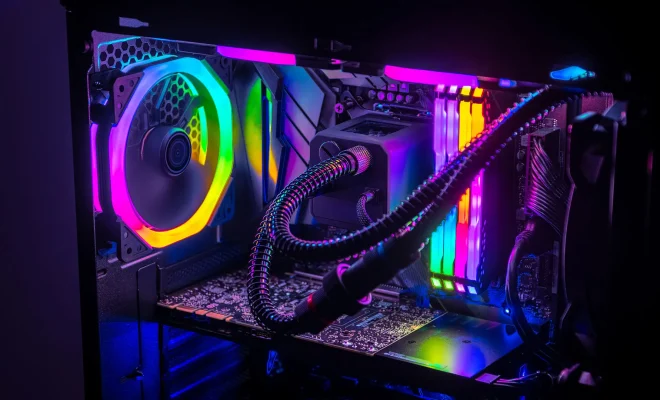8 Tips on Basic Computer Safety

Computer safety is important for everyone, but especially for those who use computers for work, personal finances, or sensitive information. As technology continues to advance, so do the methods cybercriminals use to hack into systems. The following tips will help you stay safe online and avoid the many risks lurking on the internet.
1. Install Antivirus Software
Antivirus software is your first line of defense against online threats. It can detect and remove viruses, malware, and other malicious programs before they cause damage to your computer or steal your personal information. Make sure you keep your antivirus software updated with the latest security updates and run scans regularly.
2. Keep Your Operating System and Software Updated
Hackers often target outdated and unpatched software. Make sure you keep your operating system, browsers, and all other software updated with the latest security patches. Turn on automatic updates if possible.
3. Use Strong Passwords
Use a unique, complex password for each of your accounts. This will help protect against password hacking and prevent cybercriminals from gaining access to other accounts if one is compromised. Use a password manager to keep track of your passwords.
4. Be Careful of Suspicious Emails and Links
Phishing emails and links are a common way for cybercriminals to trick you into sharing sensitive information, installing malware, or giving them access to your computer. Be wary of emails from unknown senders, and never click on suspicious links or download attachments from unknown sources.
5. Back Up Your Data
Backing up your important data is crucial in case of a cyberattack, hardware failure, or any other type of data loss. Save your files to an external hard drive or cloud storage service, and make sure you do so regularly.
6. Use Two-Factor Authentication (2FA)
Many websites and applications offer 2FA as an extra layer of security. This means you need to enter an additional code or have access to a physical device before you can log in. Use 2FA wherever possible to protect your accounts.
7. Avoid Public Wi-Fi
Public Wi-Fi networks are often unsecured, which makes it easy for cybercriminals to intercept and steal data that’s being transmitted over the network. Avoid using public Wi-Fi for activities that involve sensitive information or transactions.
8. Be Careful What You Share on Social Media
Think twice before sharing personal information on social media platforms. Cybercriminals can use this information to steal your identity or hack into your accounts. Set your privacy settings to limit who can see your information and posts.
In conclusion, these eight basic computer safety tips will help protect you and your computer from online threats. By staying vigilant and following these guidelines, you can enjoy a safe and secure online experience.






